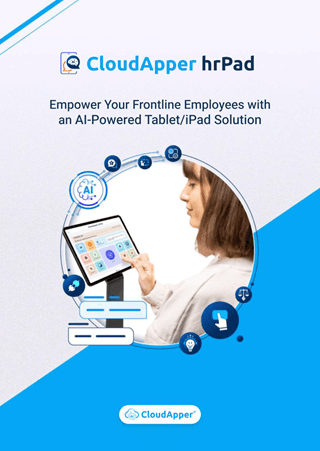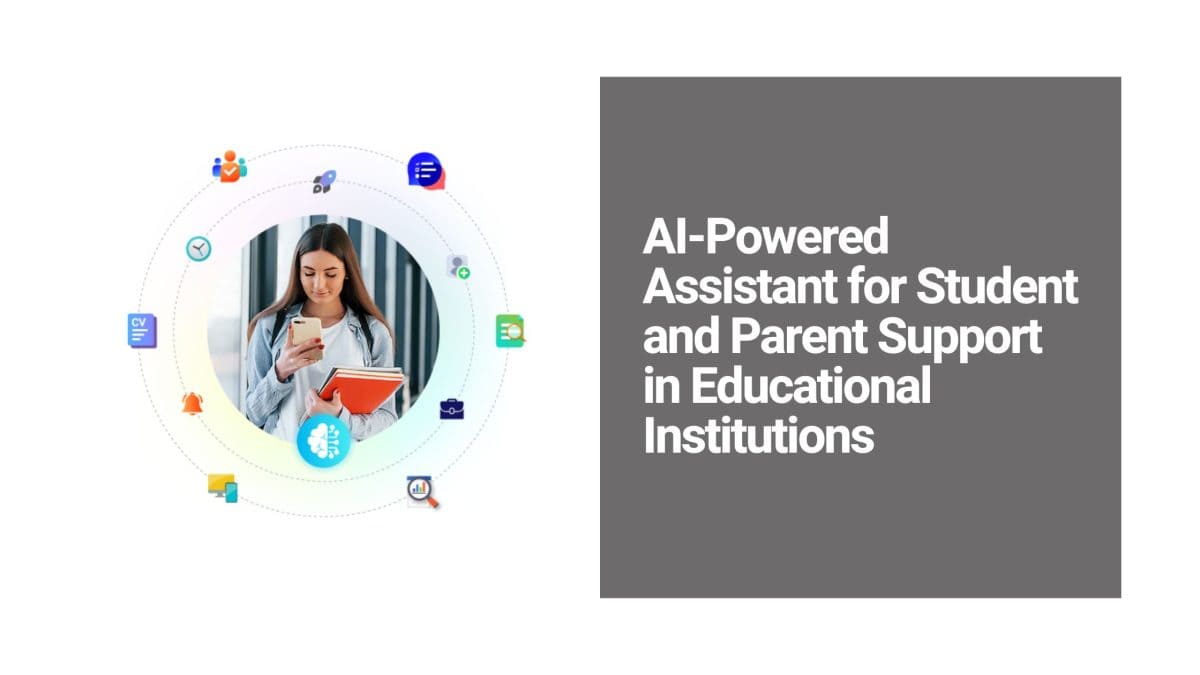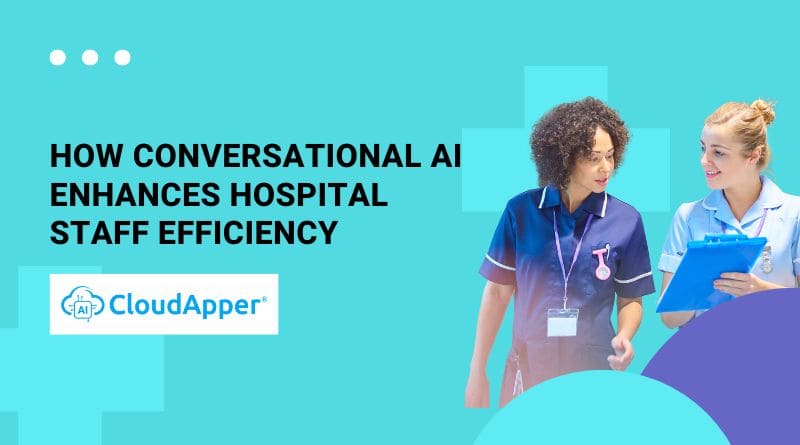A key component of delivering first-rate patient care in today’s hectic healthcare system is effectively managing patient appointments. Long wait times and administrative inefficiencies are expected outcomes of traditional scheduling methods. A state-of-the-art solution that is set to transform patient scheduling is CloudApper’s Conversational AI for Healthcare. By automating patient scheduling with our cutting-edge AI technology, we can reduce wait times and boost staff efficiency. Hospital patient scheduling is about to undergo a revolutionary change thanks to CloudApper’s Conversational AI, which features patient registration, appointment management, and personalized responses to patient queries.
How Automating Patient Scheduling Helps Hospitals
Automating patient scheduling is a critical aspect of hospital operations that can significantly enhance efficiency and patient satisfaction. CloudApper’s Conversational AI plays a pivotal role in this process by streamlining the scheduling process, reducing the workload of healthcare teams, and improving the patient experience. The AI can automate appointment scheduling, which traditionally involves multiple phone calls and intensive back-and-forth communication to find the right provider, time slot, and insurance pre-approval. With CloudApper’s Conversational AI, patients can easily arrange, reschedule, or cancel appointments, receive reminders, and get important information about their appointments. The AI is a comprehensive database of clinics, doctors, and up-to-date schedules, allowing patients to match their timetables. By automating patient scheduling, CloudApper’s Conversational AI enhances operational efficiency and contributes to superior patient care and satisfaction.
Using Conversational AI to Automate Patient Scheduling
Using conversational AI eliminates the need for a complex user interface, making it easier for patients to navigate the scheduling process. This technology serves as a comprehensive database of clinics, doctors, and their schedules, allowing patients to easily arrange, reschedule, or cancel appointments according to their timetables.
Efficiency and Convenience in Scheduling
One of the key benefits of using conversational AI in patient scheduling is its efficiency and convenience. Patients can schedule appointments with their preferred healthcare providers at any time without waiting for office hours or going through lengthy phone calls. This not only saves time for the patients but also reduces the administrative burden on healthcare staff, allowing them to focus on more critical tasks.
Reminders and Important Information
Conversational AI does more than just schedule appointments. It also sends reminders to patients about their upcoming appointments, reducing the chances of missed appointments. Additionally, it can provide patients with important information related to their appointments, such as the need to bring specific documents or if they require assistance post-procedure. This ensures patients are well-prepared for their appointments, leading to more effective consultations.
Adapting to Patient Needs
Conversational AI is designed to adapt to the specific needs of each patient. It can handle complex interactions, ask clarifying questions, and maintain context, making it easier for patients to communicate their needs. For instance, if a patient is trying to schedule an appointment with a podiatrist but cannot do so within a reasonable timeline, the AI system can identify this recurring pattern and suggest alternatives, such as other available podiatrists.
Gathering Patient Health History and Insurance Information
Conversational AI can also gather patient health history and insurance information. This can be a time-consuming process if done manually. However, healthcare providers can access and analyze this data more easily with the help of a conversational AI that can ask the right questions and record the answers in a structured format. This automation reduces the time spent on data entry and increases the accuracy of the data collected.
The Future of Patient Scheduling
In conclusion, conversational AI transforms patient scheduling by making it more efficient, convenient, and personalized. It simplifies the scheduling process and enhances the overall patient experience by providing timely reminders and important information. As this technology continues to evolve, it is expected to become an indispensable tool in modern healthcare, further improving patient satisfaction and healthcare outcomes.





















